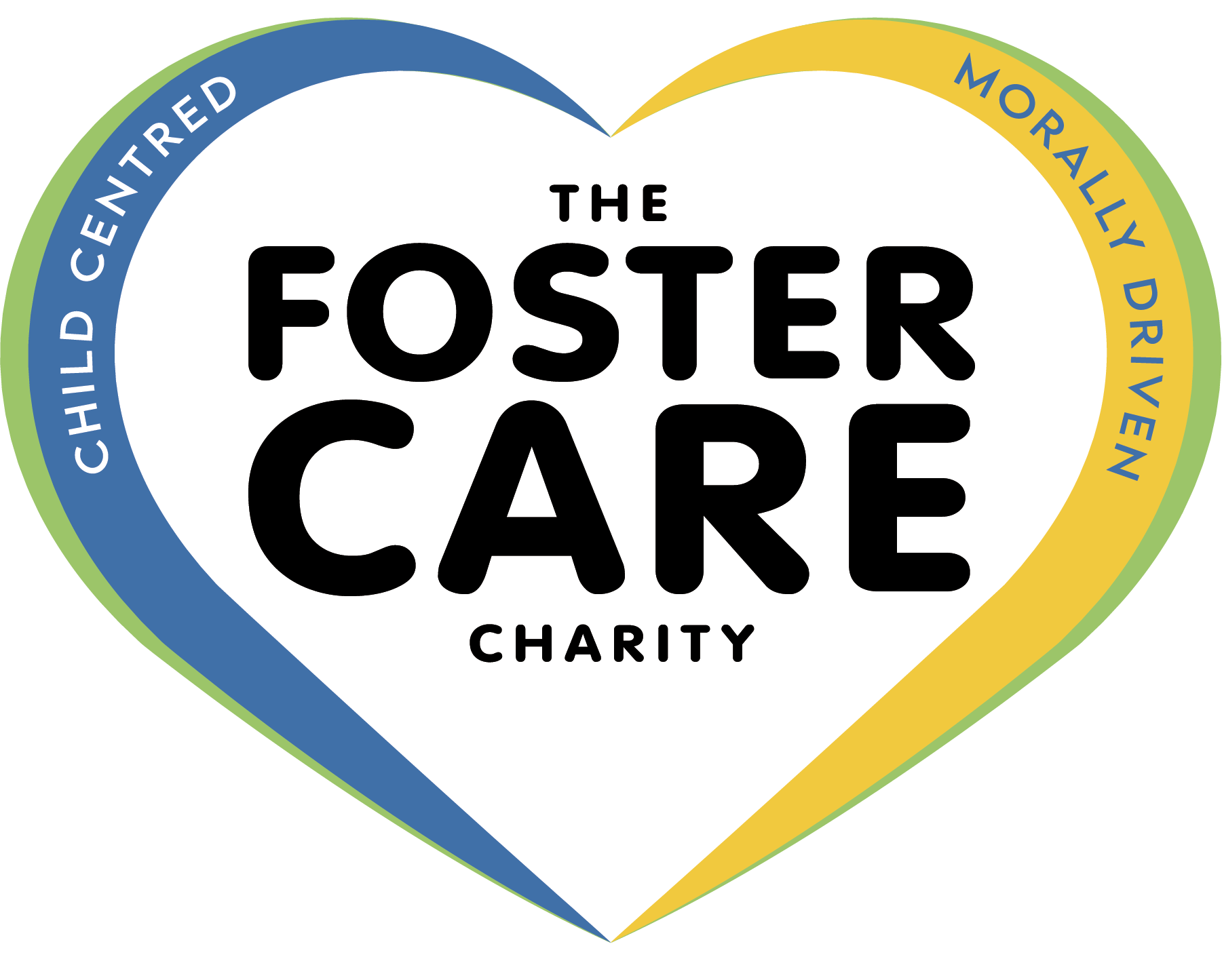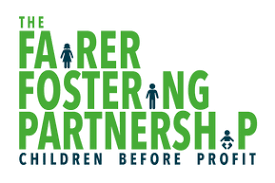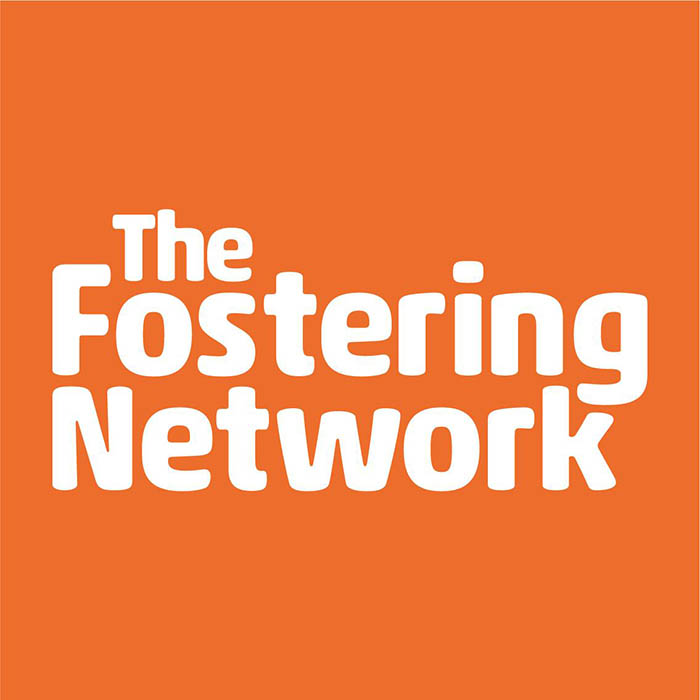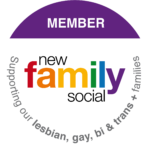
This month focuses on the Safeguarding Children in the Digital Age Conference

March has been a busy month for e-safety training and development here at FCC. Our new core training course for 2018, E-safety and Digital Parenting, has been rolled out to the majority of our carers across England and has become our best attended training course. Many of our carers attended as couples as well as bringing adult birth children and respite carers; and the discussion after our evening session in Bristol was still going strong at 10pm! We have more dates planned across 2018 to ensure that new carers joining the agency have the opportunity to attend.
An important part of the new course is the balance between information and guidance, with experiential and reflective learning. We explore what’s new and current in apps, technology and trends but also ‘go live’ where possible to experience our young people’s digital lives. Smartphones are welcome alongside the training at the start; Secret Calculator is being downloaded, ‘delete for all’ WhatsApp messaging is being tested, and keeping up our Snap Streak is encouraged. We are ‘double screening’ and realising the impact, extent and limits of our technology.
After a coffee break, screen time ends and we enter a reflective group discussion on digital parenting. We sit face-to-face and make eye contact – we talk, think and debate. We take a step back from trends and technology to re-connect with why we are here attending the training, because we are committed to parenting and caring for our children and young people. Just as it is important to reflect on our parenting styles in the offline world (based on the recognised Baumrind Theory of parenting styles from the 1970s [1]), it is also critical to reflect on whether we have a similar or different style online (taking the research by Alexandra Samuels in 2016 as a starting point [2]).
There is a wealth of e-safety information now readily available for parents and carers from guidance on screen time, to installing monitoring apps to using social media safely. Understanding our own and our child’s digital world is important and crucial, but at the heart is knowing our values and styles and what feels right as a parent; and then reflecting with others to ensure we are making the best decision for our individual child and young person.
I was also delighted this month to have the opportunity to attend the Safeguarding Children in the Digital Age conference in London, on behalf of FCC. The annual conference, run by Children and Young People Now [3], brought together key speakers, organisations and research in the field of online safety. The opening keynote on policy practice by Sonia Livingstone (@livingstone_S) introduced the new government strategy for 2018 [4] – and the children’s commissioner, Anne Longfield (@annelongfield), presented the report from the taskforce on Growing Up Digital from 2017 [5].
A speedy overview of Navigating the Digital Minefield by Jonathan Taylor (@BeSafeOnline) left me scribbling away and I am keen to discover further the impact of GPS tracking and explore location services in my training. Jonathan also raised an issue that I will use for further debate in my parenting styles exercise: parental neglect online. Is there a difference between ‘poverty neglect and affluent neglect’ – a topic certainly worth more reflection for young people entering the care system –and one which would have an impact on fostering.
My choice of seminars for the rest of the day focused on issues that I felt were most pertinent to fostering and social care. The Grooming of Children Online by Tink Palmer from the Marie Collins Foundation [6] (@MCFcharityUK) sensitively explored the process of grooming in the online world (and the shift from the Finklehor ‘offline’ model), complete with video clips showing the voice of the child and critically the recovery process. Tink discussed the significance between disclosure and discovery; highlighting that whereas in most cases CSA offline is disclosed, CSA or CSE online is usually discovered. Professionals were asked to consider if we “Ask the Question?” – do we ask our children if they are being groomed online? This message has strongly stayed with me since the conference.
My afternoon seminars were a presentation on Children’s Mental Health Online by Matthew Blow (@mattblow_) from Young Minds [7] (@youngmindsUK) and their research on mental health and social media, and a seminar on Supporting Foster Carers by David Sankey and Chris Keogh-ly from Guardian Saints [8] (@_guardiansaints). It was constructive to see a seminar focusing on children who are looked after along with issues for carers – re-enforcing the specialist focus, knowledge and commitment that we offer at FCC.
An overarching theme from the research presented across the day was the significance of the transition from Y6 to Y7 and the notable shift in children’s freedoms online and offline, along with access to technology and the changing shift in parenting at this time. This is something I blogged about last August for FCC and Ditto magazine [9] and feel it is an issue we need to revisit each year with individual carers and young people who are approaching this transitional period.
I was pleased to have had the opportunity to attend the conference – and I appreciated the learning I gained from working with children, parents and carers ‘on the ground’, as opposed to solely from academic research. It was great to be able to incorporate this learning from the ground up in a tailored training programme. I feel privileged to be part of our developing online world and have the opportunity within FCC to disseminate this across the agency.
If anyone is reading from outside FCC and wishes to know more about our training and online safety focus with carers and staff please drop me an email at lynn@fostercarecooperative.co.uk
Lynn Findlay
[2] see https://medium.com/@ourpactapp/research-confirms-the-ideal-digital-parenting-style-7f13ce0b6769
[3] https://www.cypnow.co.uk/ and on twitter @cypnow with #SDCA for the conference







